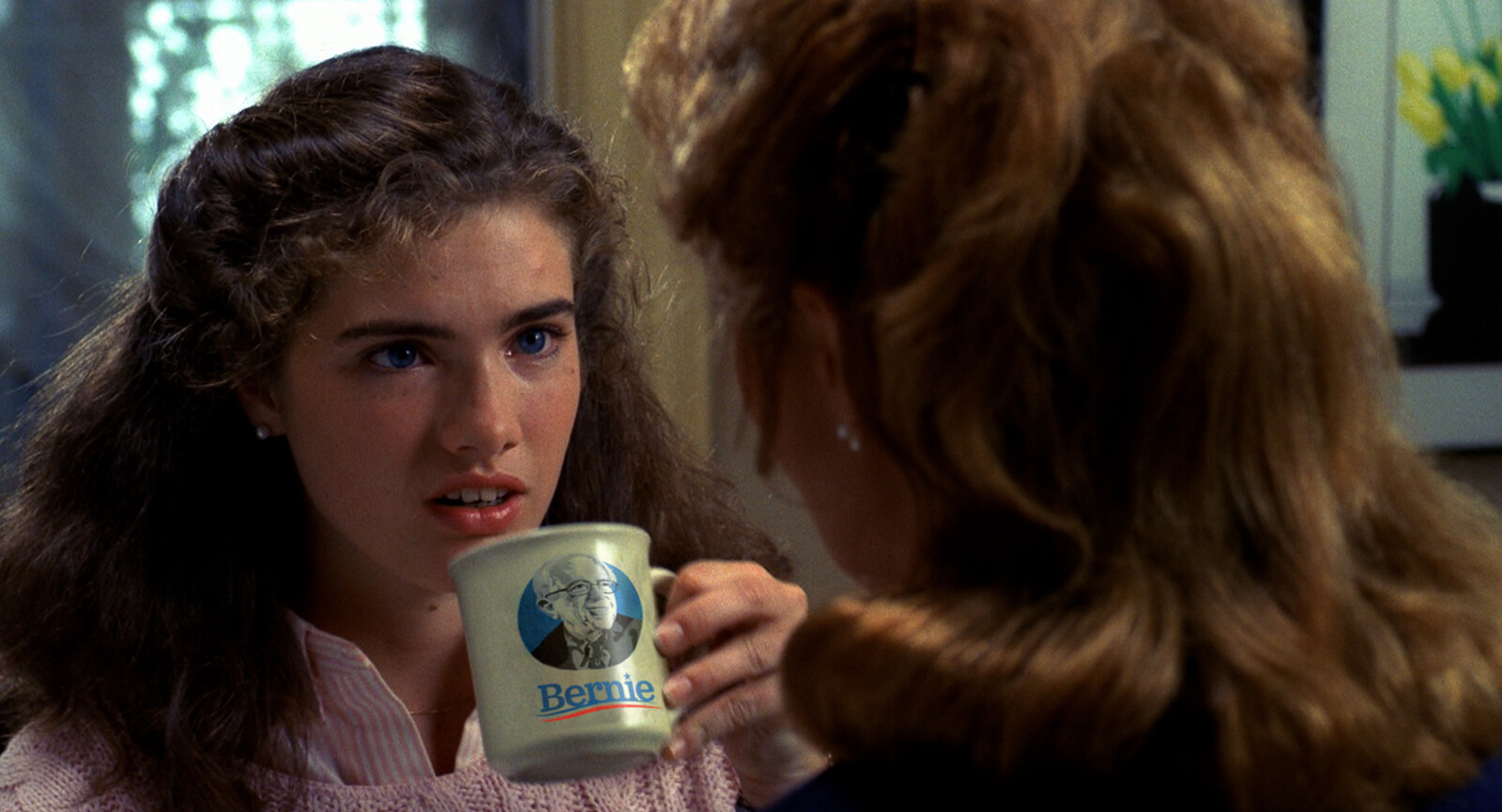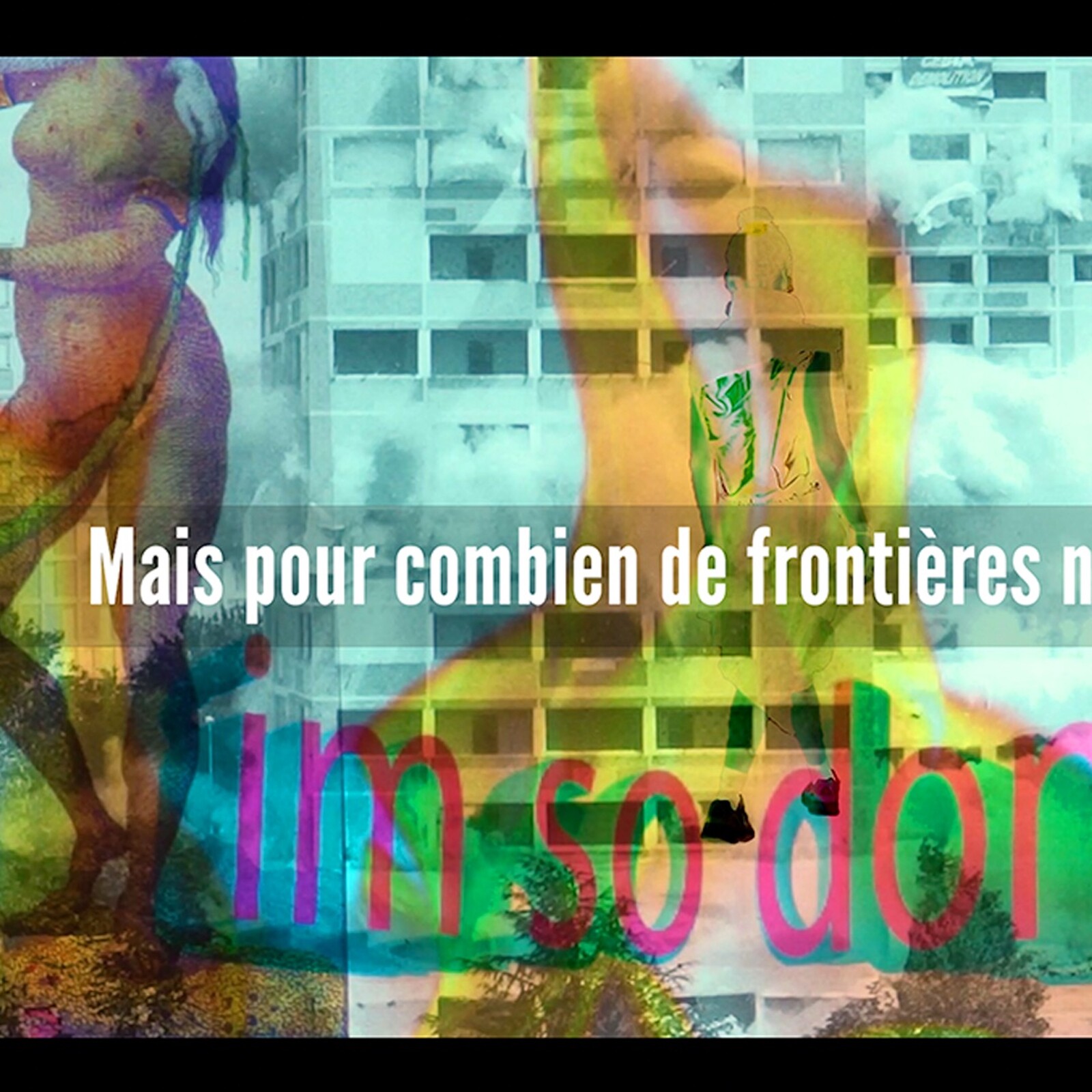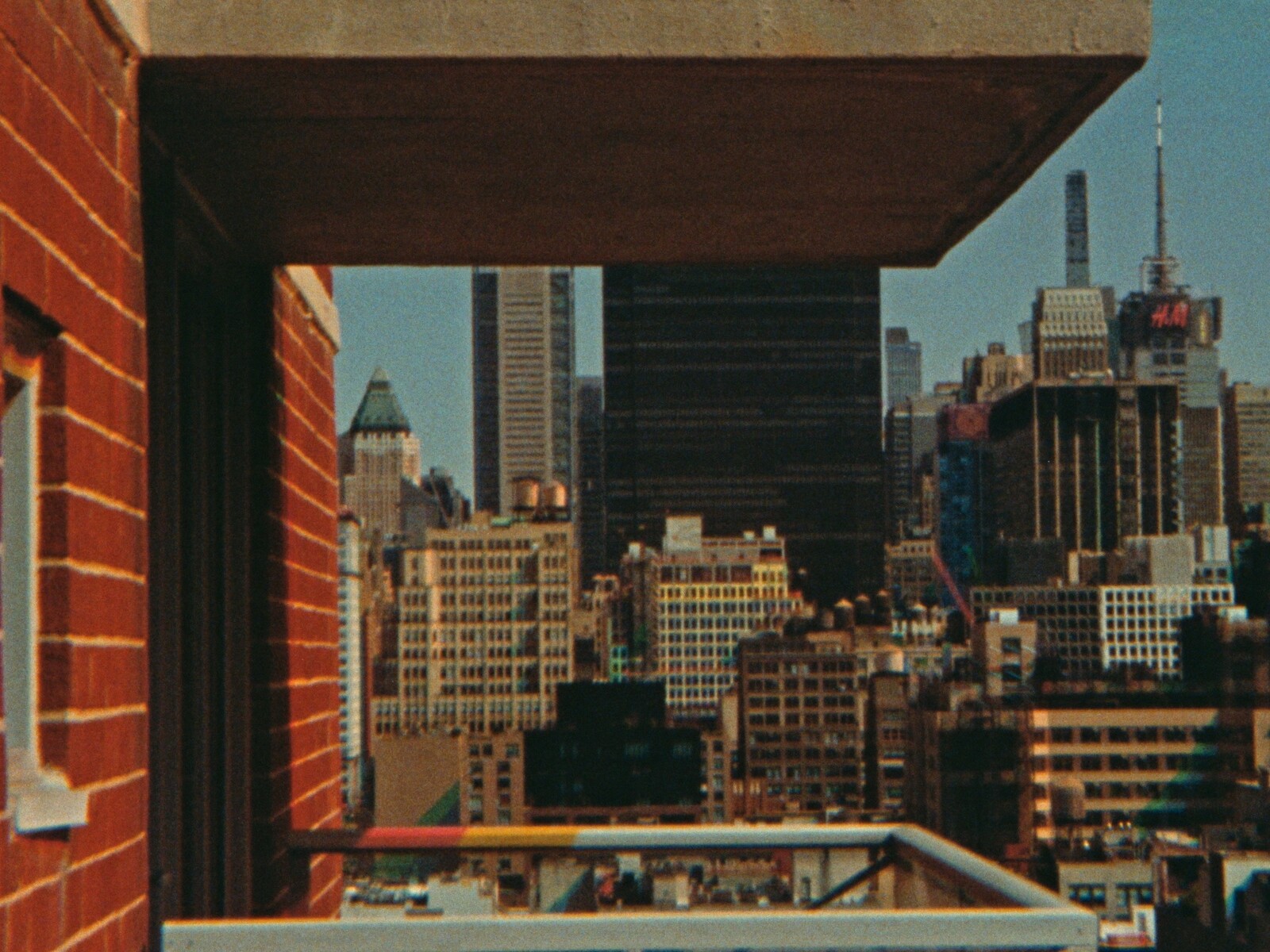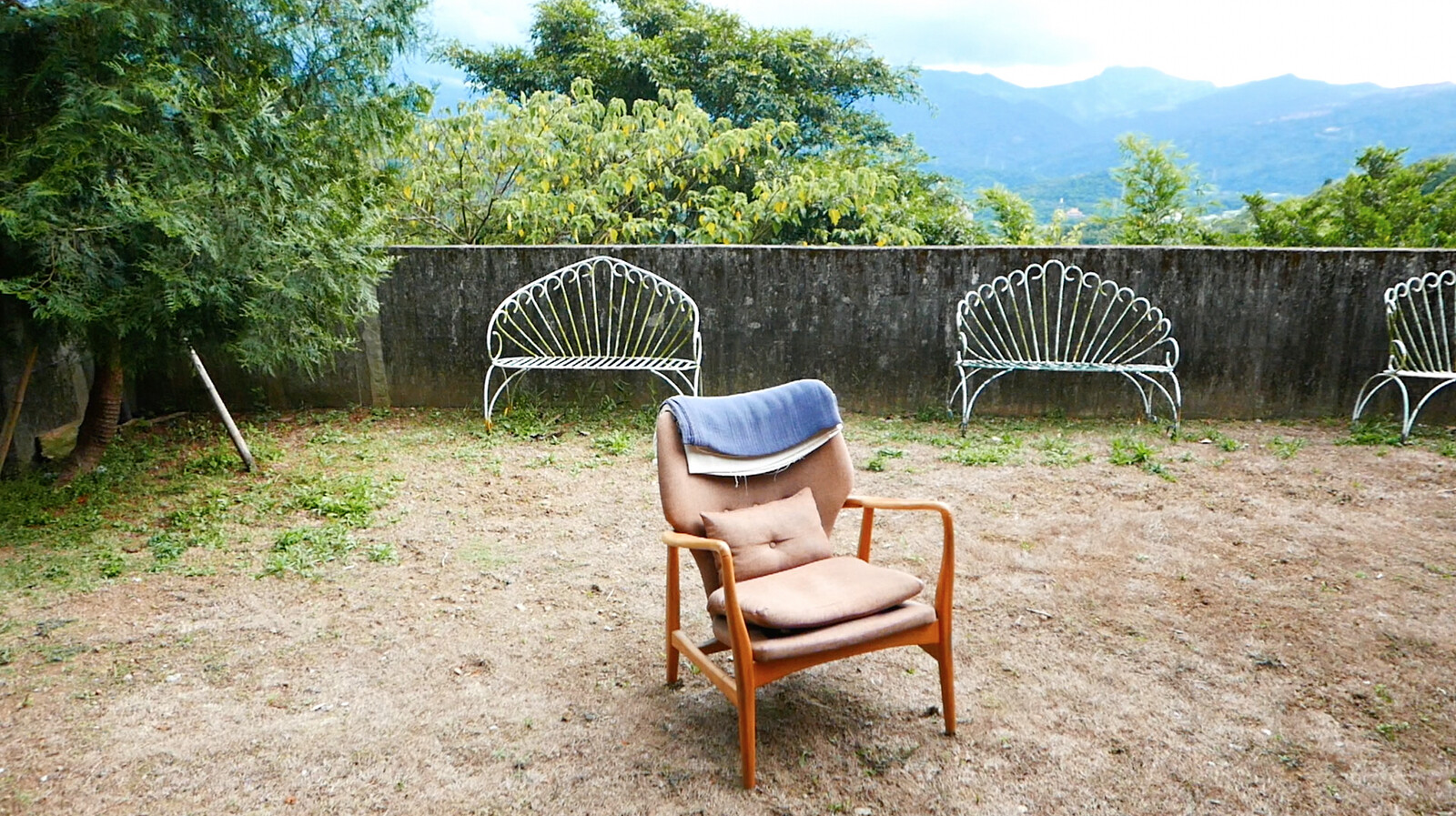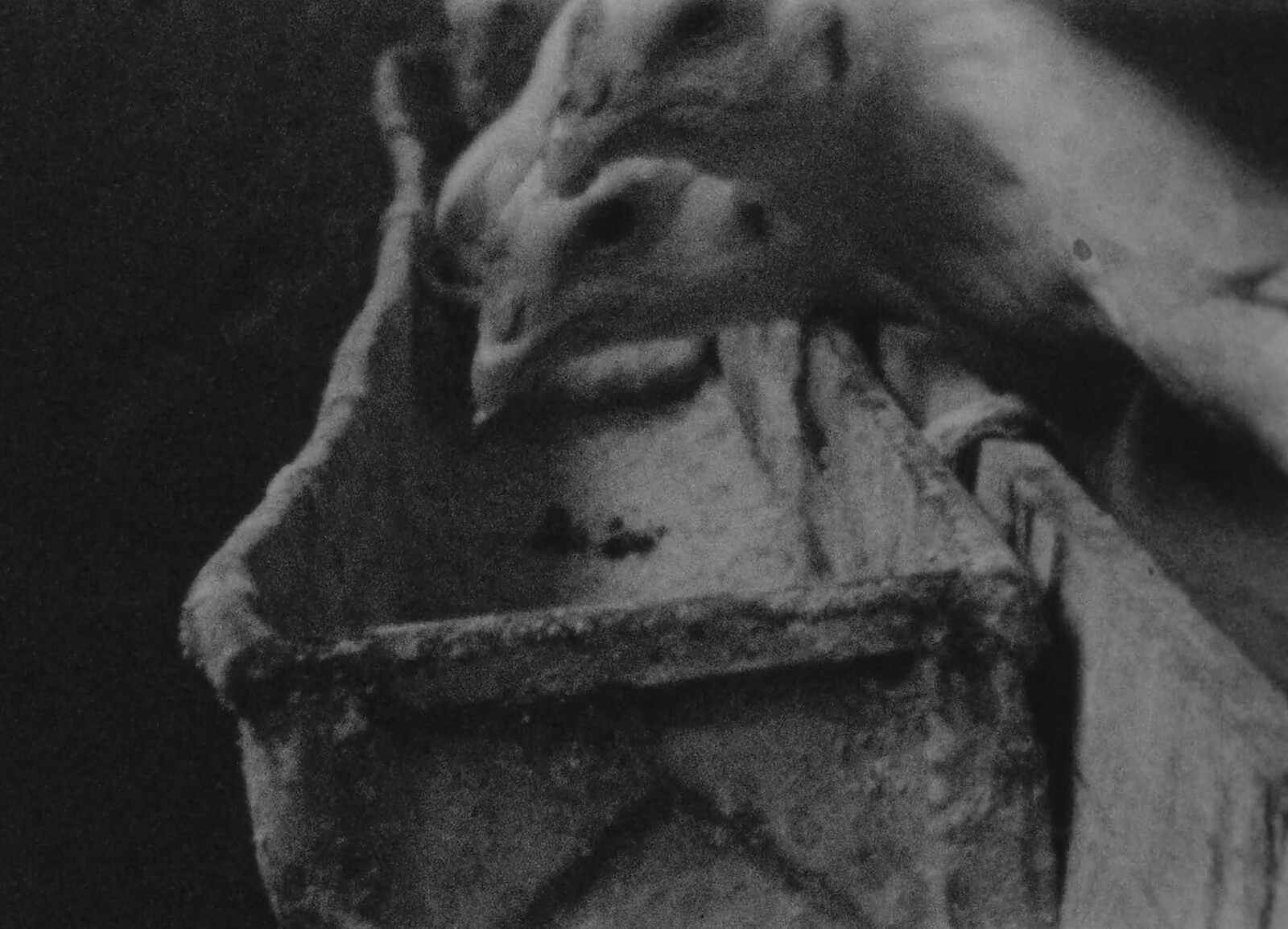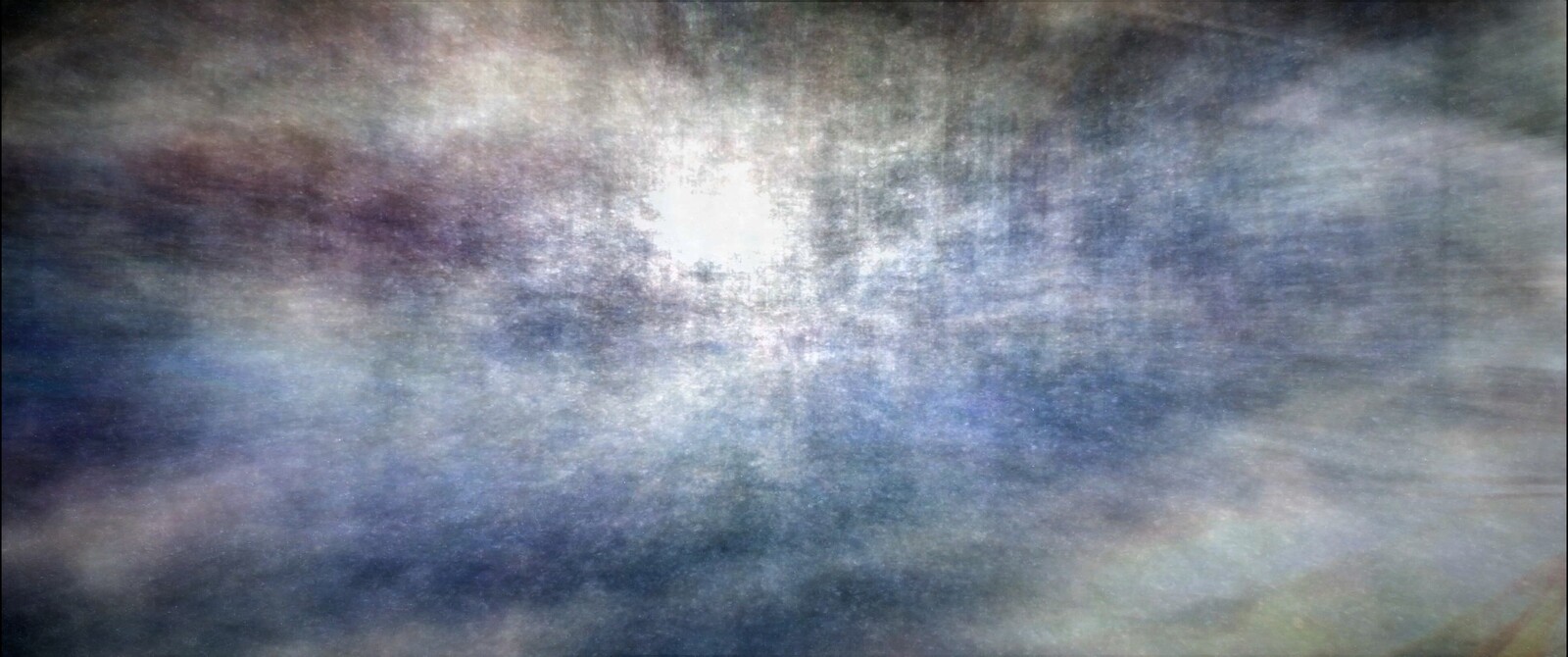May 3–7, 2023
“The situation now is quite different,” the critic Fred Camper wrote in 1986. Camper, in his much-debated essay of the same name, was marking what he termed the “end of the avant-garde” in film: a transition away from an earlier conception of artists’ cinema, from the 1940s to the 1960s, as a more or less unified aesthetic movement, one premised on an “original sharpness and uniqueness” under whose banner the avant-garde filmmaker marched as a kind of aesthetic shock-trooper, and toward a more uncertain future, “dissolving in a kind of indistinct haze, in which the degree of difference from the commercial mainstream […] seems to be lessening.”1 In his essay, Camper mounts his arguments in largely formal terms, suggesting that the drift of experimental filmmakers into academia since the mid 1960s, the routinization of films into avant-garde “sub-genres,” and a postmodern distaste for the language of “masterworks” and grand statements, signaled the terminus of the avant-garde’s distinctive and urgent project. But surely other factors, including the rise of video and the partial dispersal of the New York avant-garde scene—which increased access to the means of media production and widened the often narrow coterie of its adherents—led to the impression that a golden age of sorts was at a close.
Now, again, the situation is quite different. During Covid-19’s first flush, online access to historical and contemporary works of artists’ cinema, like everything else, widened considerably, as collections, distributors, and usually IRL film festivals expanded their digital offerings. This conjunction of circumstances, along with the last decades’ proliferation of microcinema and the creative vacuum left by an increasingly conservative American commercial film industry, has cultivated renewed interest in a type of work—short- and medium-length, non-narrative, abstract—that has usually been scarce outside of cities and marginalized by institutions and legacy publications. This expansion has fostered interest in the physical realm as well, invigorating interest in analog film screenings and live projection alongside, and not necessarily in conflict with, ubiquitous online viewing.
Prismatic Ground is one manifestation of what one might optimistically describe, to the surprise of jaded experimental film wonks like yours truly, as a new community centered around experimental work. Founded as an online program by curator Inney Prakash in 2021, the festival has evolved into a hybrid in-person and internet affair, suggesting something of the seamlessness between these domains. Where the avant-garde period was marked, as much as anything, by its ability to cultivate localized (if hermetic) scenes, today’s emergent experimental film communities offer an alternative to the tediously circular discourse around franchise products that is fan “culture.”
Now, no longer seeking the hipster cred of the “underground,” much less anything so provincially twentieth century as an “avant-garde,” Prismatic Ground—which last month unfolded online and in-person, across three New York City boroughs at the Museum of the Moving Image, Maysles Documentary Center, BAM Cinematheque, DCTV’s Firehouse Cinema, Light Industry, and Anthology Film Archives—takes a promiscuous approach to its programming, abjuring the usual festival rules about premiere statuses or dates of completion, and sequencing works of diverse origin, form, genre, and temperament. Recent films share screens with restorations by key figures of the avant-garde (including Michael Snow, Takahiko Iimura, and Bill Brand, one-time student of Hollis Frampton and Paul Sharits), and programs include digital and analog works by arthouse auteurs (Tsai Ming-liang, João Pedro Rodrigues), projection performers (Gaëlle Rouard), artists who mix performance and video (Anthony Ramos, Wu Tsang, Ayanna Dozier), experimental documentarians (Kimi Takesue, Naomi Uman, John Gianvito), and multimedia artists (Meriem Bennani).
Largely absent amid this heterogeneity was the confrontational, discomfiting edge of the old avant-garde. (Of the works I saw, the sole outlier—tellingly, an archival work—was a restored version of Raphael Montañez Ortiz’s Henny Penny: The Sky is Falling, a 1958 8mm document of a Coney Island poultry slaughterhouse, featuring an asynchronous soundtrack of one of the artist’s “destructivist” performances in which he demolished a piano with an axe.) But in its place was an unapologetic emphasis on lushness. The shimmering waves of light in Takashi Makino’s Anti-Cosmos (2022) come in ethereal gusts of blue, purple, orange, and aquamarine, resembling in turn an underwater reverie, a sun-dazzled memory, or the ghostly afterimage of a thousand films on the retina, as subsonic frequencies shake the body, teasing buried melodies amid crescendos of white noise. Similarly, Jodie Mack’s 16mm film M*U*S*H (2022), which uses single-frame pixilation to animate pink, yellow, and magenta petals, dusty green leaves, and other assorted flora into an eight-minute vortex of vegetal decay, is oddly euphoric even in its depiction of entropy, a classic “adventure in perception” in which one’s eye tries to discern patterns and meaning in an onslaught of vibrant, sensory pulp. Sharing the same program as Mack’s film, if rather more subdued, Viktoria Schmid’s NYC RGB (2023) offers a fresh take on the city symphony, layering images of New York’s skyline shot with different filters to create the effect of a manual three-color separation. Traffic, shadows, reflections, smoke, and the hard contours of the city all diverge in vibrant color, blurred edges, and little ghostly rainbows of movement amid a meditative soundtrack of layered urban field recordings.
This sensory richness marks the festival’s more emphatically digital offerings as well. Mawena Yehouessi’s densely polysemic Sol in the Dark (2022) draws on the contributions of dozens of artists to compose an Afro-futurist film-collage of layered textual and contextual information, the color palette oversaturated in the manner of ’00s user interfaces and web ads. Amid the film’s many shifting surfaces, clashing typefaces, filmic references, game-engine hacks, and hip-hop tunes, emerges a portrait of Lascar: an obscure, composite figure of diasporic identity and global South radicalism—“elegant rascal and cannibal lesbian,” an avatar of “an impossible community.” Dizzying in its cacophony of voices, clustered superimpositions, and windowed compositions, Sol in the Dark boldly proclaims from the outset, in one of its many elaborately designed intertitles, that it is “not a movie,” and a more traditional cinephilic sensibility might agree. But its vertiginous approach to pastiche, and its willingness to constantly dismantle and reinvent itself, suggest an approach to form that rejects the mandates of mastery and aesthetic unity of the old avant-garde in favor of the “shivers, frictions, fascination and transitions” of a globalized language.
This embrace of the interface would likely rankle the likes of Camper, who in his essay decried the replacement of the Romantic, sui generis avant-garde film that serves an “ethical protest against” the commercial mainstream, with work that might, at a glance, seem indistinguishable from it. Such a line of argument holds the avant-garde up as the last remaining “outside” of moving-image culture under capitalism. Prismatic Ground offered a convincing rejection of this line of reasoning in its opening night selection: Hello Dankness (2022) by anarcho-pirate mash-up duo Soda Jerk. As in their earlier work, Soda Jerk here undertakes the intricate, labor-intensive process of deftly compositing hundreds of video and audio clips from feature films, TV shows, advertisements, news footage, and viral content into a warped and irreverent narrative. Here, the pair reconstruct the U.S.’s collective descent into the unreality of the Trump years, recasting Tom Hanks and Bruce Dern from 1989’s The ’Burbs as, respectively, a forlorn Bernie Bro and an old-school Republican boomer, who share a suburban enclave with Annette Bening’s American Beauty (1999) likeness as an #ImWithHer Democrat, Wayne and Garth as Alt-Right trolls, and, eventually, a MAGAfied zombie horde.
A catalog of remix sub-genres—including Situationist détournement, culture jamming, digital hyper collage, postmodernist piss-taking, and (dank) meme-ification—Hello Dankness is not only ingeniously assembled using rotoscoping, compositing, and all manner of digital suturing, but also wildly funny, politically savvy, and ultimately more than a little somber. But whatever bleakness one might discern in the film’s outlook is muted by the context of its presentation: despite its extremely online sensibility, Hello Dankness is, according to its makers, ideally viewed in the raucous, ad-hoc collective of the cinema audience. In this sense, the film and Prismatic Ground together work to cultivate their own scene outside and alongside the delirious isolation of online spaces—a community of their own.
Fred Camper, “The End of Avant-Garde Film,” Caesura (November 2021), www.caesuramag.org/posts/fred-camper-end-of-avant-garde-film.

